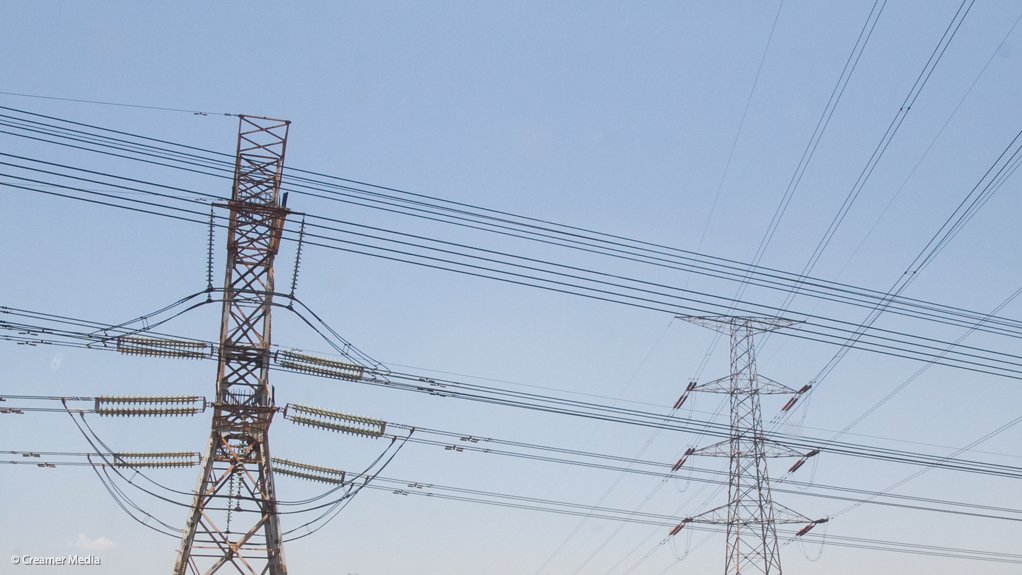The National Treasury is embarking on provincial roadshows to communicate the 14 conditions under which the debt owed to Eskom by municipalities can be written off over the coming three years.
As of March 31, Eskom was owed a whopping R57-billion by municipalities and the municipal debt issue has continued to worsen despite several previous attempts to address the problem.
The latest debt relief package for municipalities is coupled with the R254-billion debt relief announced for Eskom in the February Budget, itself aimed at improving the financial sustainability of the debt-laden State-owned utility. The Eskom package has 33 conditions, including ones associated with facilitating Eskom writing-off the municipal debt, along with interest and penalties.
The National Treasury’s Sadesh Ramjathan and Marli van der Woude say that the debt owed by some municipalities has left them “financially gridlocked”.
Therefore, the package being pursued enables municipalities to apply to participate in a 36-month scheme under which Eskom can progressively write-off the debt if a municipality is able to comply with the conditions, including a three-year restriction on any municipal borrowings, as well as a stipulation that the invoice for the Eskom current account is paid within 30 days.
When pursuing the relief, a municipality will also agree to voluntarily apply to the National Energy Regulator of South Africa for a revocation of its distribution licence should it fail to meet the conditions.
Should the conditions be met for 12 consecutive months, one-third of the Eskom arrear debt, interest and penalties will be written off with a full write-off requiring that such compliance be sustained for 36 months.
Besides the restrictions on new borrowing, paying new Eskom invoices within 30 days and the possible revocation of its licence, the other conditions include:
- The municipality making a formal application for the relief that includes the provision of all the minimum information required by the National Treasury;
- A motivation by the municipal manager and the CFO that is supported by a Council resolution;
- The tabling and adoption of a funded Medium-Term Revenue and Expenditure Framework;
- A demonstration that by-laws and budget policies are supportive of electricity and water being used as collection tools;
- A demonstration, over time, of the completeness of the revenue base;
- A commitment to cost-reflective tariffs that can be phased-in over three to five years;
- The collection of revenue and the maintenance of a minimum average quarterly collection rate of 80% in the first 12 months, rising to 95% from April 1, 2025;
- Monitoring and reporting to prove that the budget is funded, or that there is a plan to fund the budget;
- Securing an exemption to ringfence electricity, water and sanitation revenue and prioritise the Eskom and bulk water payments ahead of other payments;
- The issuance by the Office of the Accountant General of an instruction on how the municipality must account for the Municipal Debt Relief; and
- The municipality must commit to a progressive installation of smart meters and refuse consumer debt write-offs in the absence of smart pre-paid metering.
Van der Woude argues that the majority of the conditions represent sound financial management and credit controls but admits that adhering to the collection rates outlined could prove challenging for some municipalities.
The conditions, including those dealing with cost-reflective tariffs and potentially forfeiting licences, are likely to be heavily debated by provincial and municipal officials when it is canvassed during the upcoming roadshows.
While 165 municipalities are technically eligible for the relief, Ramjathan says those municipalities with low Eskom arrear debt levels are unlikely to pursue the package.
However, he insists that the benefits to those with large backlogs could be significant in helping to address their debt spirals.
Meanwhile Parliament’s Standing Committee on Appropriations has wrapped up its deliberations on the Eskom Debt Relief Bill and the Bill has been referred to the National Assembly for debate.
The municipal component does not need to undergo a separate Parliamentary process.
EMAIL THIS ARTICLE SAVE THIS ARTICLE ARTICLE ENQUIRY
To subscribe email subscriptions@creamermedia.co.za or click here
To advertise email advertising@creamermedia.co.za or click here











